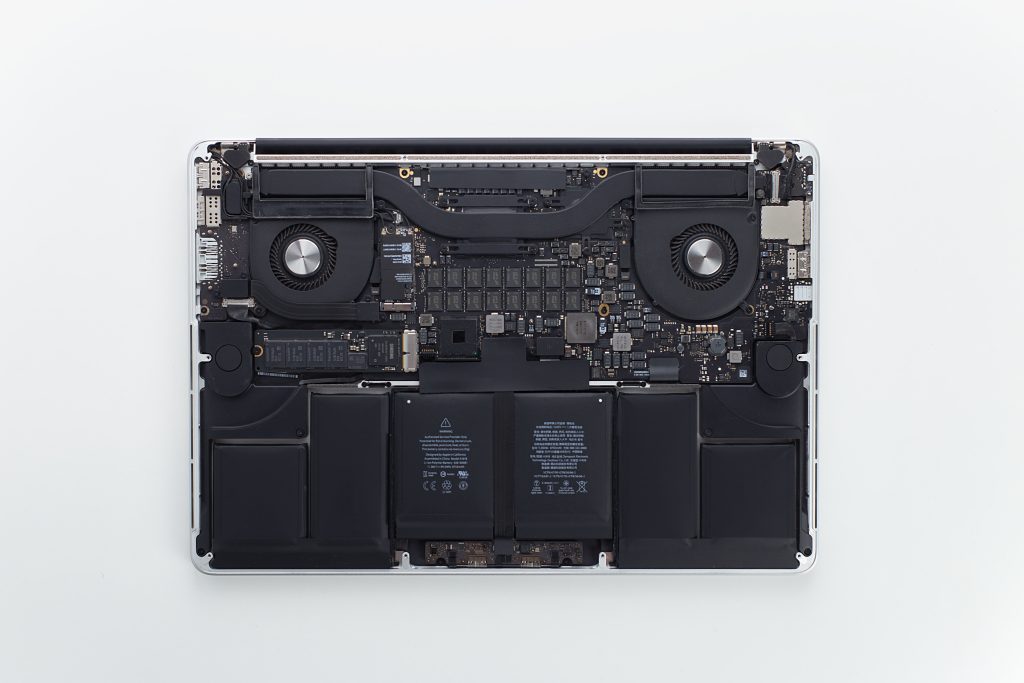How to Know if Your Laptop Needs Repair
Almost everyone in this digital age owns a laptop. If you’ve ever had to update a spreadsheet, write an article, or browse for a chocolate chip cookie recipe you want to try, you have most likely used a laptop to accomplish your task. It’s become a necessity. When our device starts showing signs of wear and tear and error messages after error messages, it could get concerning. But how do you know if it’s time to call in professional help? Here are a few indicators to help you assess if your laptop needs repair.

1. Sluggish Performance
If there’s a noticeable decrease in speed and performance, your laptop could be a candidate for repair. If you notice your laptop is taking its sweet time to boot up, open applications, or respond to even the simplest of commands, this could be a sign that there’s something wrong. A sluggish computer could mean a number of things. You could be dealing with insufficient memory, a failing hard drive, or malware. By running a comprehensive antivirus scan and checking available storage, you can find out what’s causing the slowness of your device.
2. Frequent Crashes or Freezes
Does your laptop crash or freeze? Do you have blue screens interrupting your work every so often? If this is happening to you, it’s a clear indication that something is amiss. This could be due to hardware failures, overheating, or corrupt system files. Take note of any error messages that appear, as they can provide valuable clues about the underlying problem.
3. Unusual Noises
Ever wonder where that weird sound is coming from? Your laptop used to be so silent, but now, it produces strange noises. Laptops are designed to operate quietly. If you start hearing clicking, grinding, or whirring, you should be concerned. These sounds often signal a failing hard drive, a malfunctioning fan, or other hardware issues. The damages could get worse if you ignore the signs.
4. Battery Problems
A drop in battery life is often an indication that your battery needs replacement. If your laptop struggles to hold a charge or powers off unexpectedly, even when the battery indicator shows sufficient charge, it’s time to consider changing your battery. In some cases, this can also be a symptom of a faulty charging port.
5. Display Anomalies
Problems with the display are often a visual cue that your laptop requires attention. Dead pixels, flickering screens, or distorted images can be indicative of failing graphics hardware or a damaged display panel.
6. Overheating
Laptops generate a significant amount of heat while in use. However, if your laptop feels excessively hot to the touch or you notice it shutting down due to overheating, it’s a big red flag. Overheating can lead to long-term damage to internal components, so it’s crucial to address this issue promptly.
7. Connectivity Issues
If your laptop struggles to connect to Wi-Fi networks, Bluetooth devices, or external peripherals like printers or mice, it could be a sign of a hardware problem. Issues with network adapters, USB ports, or Bluetooth modules may require professional attention.
8. Software Errors and Glitches
Frequent error messages, unexpected system crashes, or software glitches that persist even after reinstalling the affected programs may indicate deeper system issues. These could stem from corrupt system files, driver conflicts, or malware infections.
9. Physical Damage
Obvious physical damage like cracked screens, broken hinges, or liquid spills are clear indicators that your laptop needs repair. Even seemingly minor issues like loose or missing keys on the keyboard can impact the overall functionality.
10. Outdated Hardware or Operating System
If your laptop hardware struggles to keep up with new and modern software or lacks the resources to run essential everyday applications, it may be time for an upgrade. Sometimes, a simple hardware or software upgrade can breathe new life into an aging laptop. Or if your laptop is too old and is incompatible with new hardware, you need to buy a new unit altogether.
Laptop issues are quite common, and knowing when to call a professional is critical to ensure the longevity of your device. While some common problems can be fixed using basic troubleshooting, the more complicated issues often require professional intervention.
Contact Channel Tech Support at (03) 6231 0499 for your laptop repair needs.